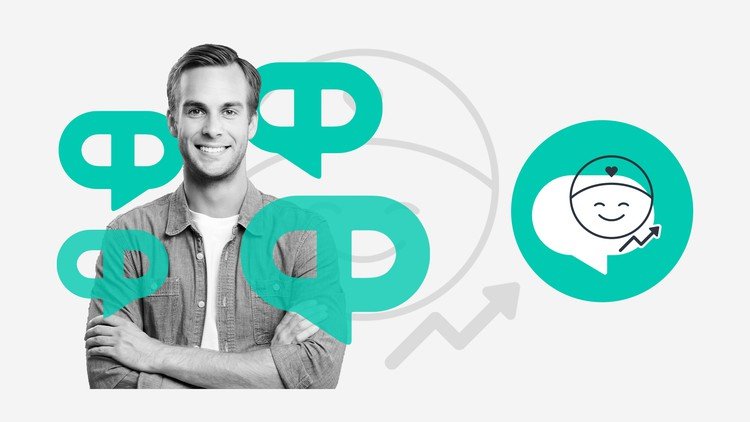The concept of mental health encompasses aspects of emotional health, mental wellbeing, and social awareness. Mental health and wellness training will equip you with the knowledge necessary to understand the relationship between thoughts, beliefs, feelings, and people day-to-day general wellbeing.
This Mental Health and Wellness Professional (MHW) Diploma Course will introduce you to a wide range of psychology based teachings and methodologies that can positively influence the way people think and relate to others. As a result, you will gain understanding of how mental health problems develop, as well as how to support people in making positive lifestyle changes.
This training course is designed around a set of applied psychology principles, and is based on engaging you with the world, collaborating with others, thinking in positively and innovative ways, and providing people with a supportive environment in which they can thrive. The human mind is capable of unlimited growth and development, as you will soon discover.
When people learn to shift their focus away from illness and towards personal growth, they can experience substantial improvements in their mental health and emotional wellbeing. We will offer you a holistic outlook throughout this course that will enlighten you to understand the link between the decisions people make and their mental or emotional consequences.
The absence of problems is not synonymous with mental health. In other words, humans are capable of cultivating robust internal resources that do not allow anomalies to overpower them. The goal of this Mental Health Practitioner Course is to help you discover what it means to be mentally healthy and how this knowledge can equip you to influence others.
In this Mental Health and Wellness Professional (MHW) Diploma Course, you’ll learn how to:
-
Improve your mental state by employing powerful life principles.
-
Maturate your emotions and enhance your interpersonal skills.
-
Improve your relationship skills and develop your self-awareness.
-
Increase your communication, management, or leadership skills.
-
Understand the central psychology of mental health and wellness.
-
Grow healthy emotional boundaries that reinforce relationships.
-
Facilitate positive changes in people’s perceptions of themselves.
-
Replace self-defeating thinking patterns with more valuable ones.
-
Develop an in-depth knowledge of yourself and human behaviour.
-
And much, much more.
A Mental Health and Wellness Professional (MHP) training will lead you in a range of psychology-based concepts, methodologies, and enable you to comprehend the relationship between thoughts, beliefs, emotions, and outcomes. You will gain an understanding of how mental health problems arise and how to motivate people to make positive lifestyle modifications.
Participants in this program will gain a comprehensive understanding of what triggers human behavior, as well as identify practical steps they can take to increase their mental wellness and achieve their goals. This course is designed for individuals interested in becoming a better listener, friend, leader, or impacting the lives of others positively.
Mental Health and Wellness Professional (MHW) training will elevate your self-awareness. In addition to benefiting you directly, this course may also benefit your family, friends, or coworkers as it will influence how you understand yourself, others, and the world around you. In essence, you will receive an actionable framework, for positively influencing people.
Those seeking to improve their relationship with themselves, eliminate self-doubt, and improve their interactions with others are also provided with methods for achieving personal growth. The course will also provide you with a range of innovative strategies for evaluating your attitudes, gaining personal empowerment, and fostering an attitude of responsibility.
“Please take this course. Whether you are doing it for yourself, for your family, or for other people you live with or work with: Just do it.” – Kieran S. Robinson
This training is part of a larger curriculum of professional development training resources, designed by Kain Ramsay Ltd, and hosted within the Achology community peer-learning environment. The training course is accompanied by a 30-day money back guarantee, so if you’re not happy with the format, you can get your money back – no questions asked.


